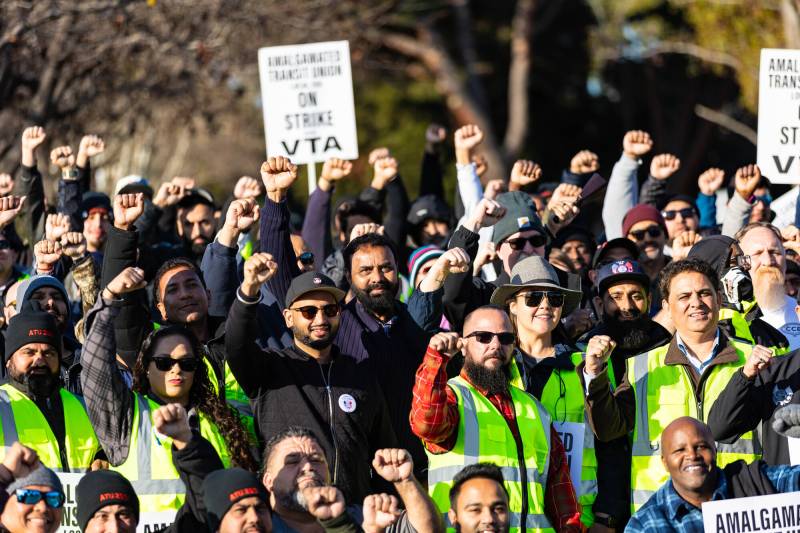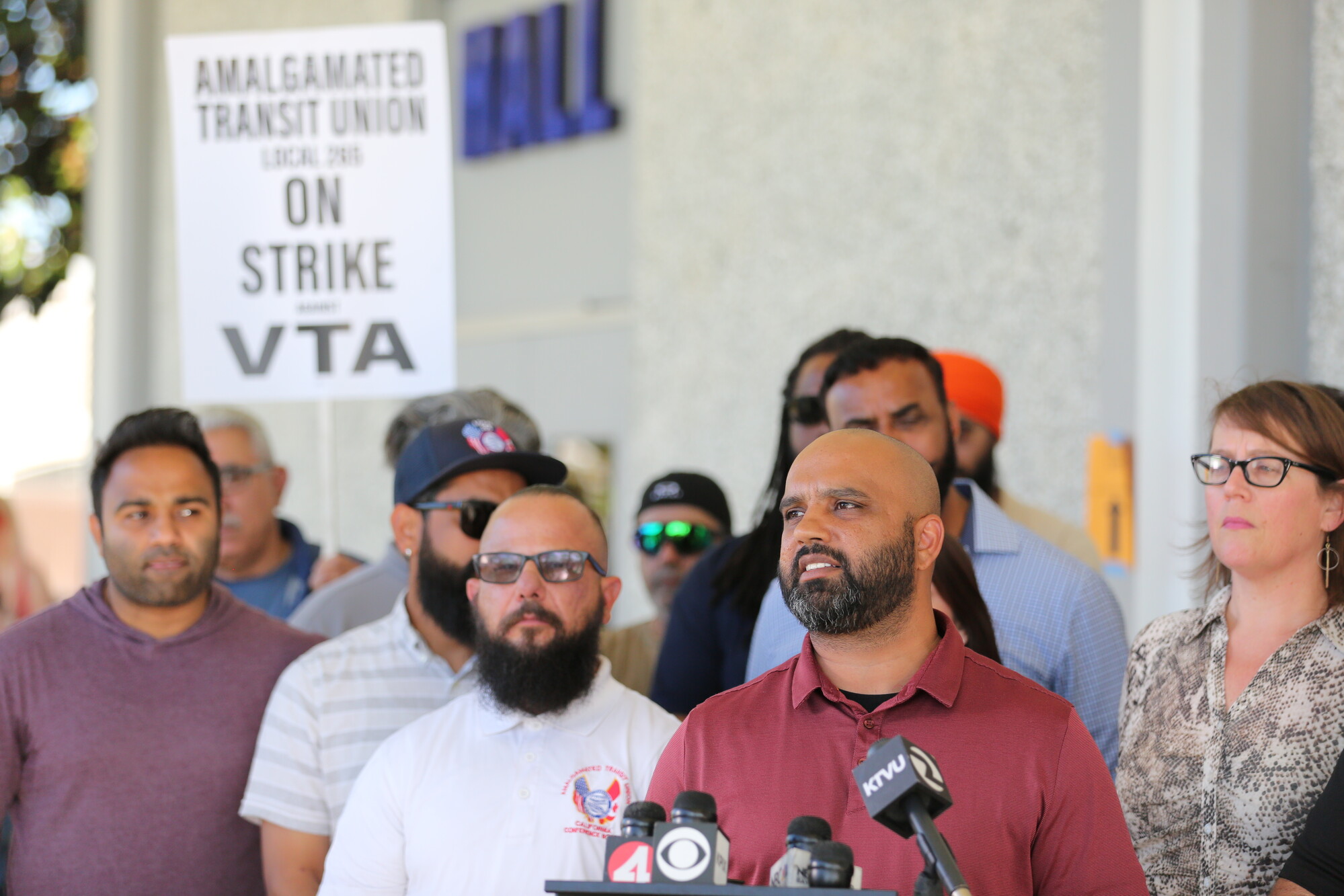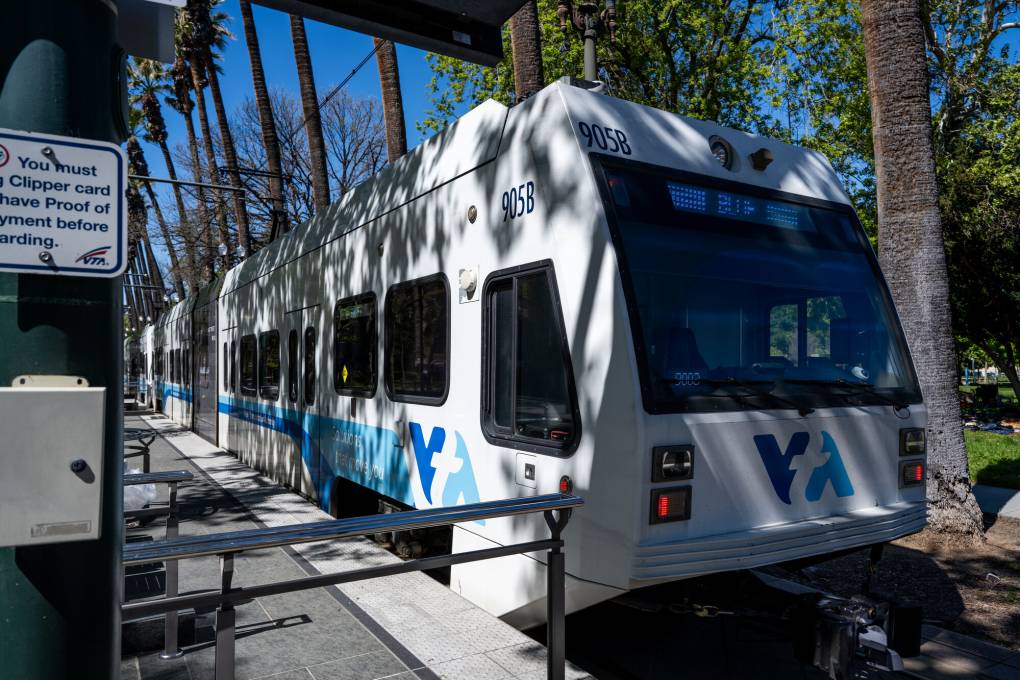The union later filed an appeal of the county court’s decision, which is still pending. However, under the new contract, the VTA and the ATU agreed to drop their respective legal actions.
Prior to the court ruling, the union had rejected the agency’s previous offer on March 24, which proposed 11% raises spread over three years. The newly approved contract adds a fourth year but no additional increase in pay over each year of the deal, compared to the prior offer.
Sergio Lopez, the VTA’s board chair and the mayor of Campbell, acknowledged Wednesday that the drawn-out labor dispute and negotiations showed there is still work to be done on employee relations.
“I think it unearthed underlying tensions that came out through this process, and in my perspective, that added to some of the challenges in getting to resolution in the time that we would have hoped,” Lopez said.
Lopez noted there are complex issues from past grievances that won’t all be solved by one contract deal.
He said the agency is working to address the tensions on multiple fronts, including through a Culture and Climate Change Committee that will include board members, VTA management and union leadership collaborating to solve workplace issues.
VTA officials have emphasized throughout negotiations that the agency is contending with financial difficulties that don’t allow for higher increases, and characterized the current deal as competitive and fair, maintaining workers as the second-highest paid transit employees in the region.
VTA spokesperson Stacey Hendler Ross said Monday that the agency is dealing with a roughly $800,000 deficit in the coming year but could be facing a deficit as high as $14 million in the 2027 budget year, with sales tax revenue projections lagging.
In the new contract, the agency and union also agreed that VTA wouldn’t seek punishments or charges against the union members for their strike actions, which the prior contract offer didn’t include.
Singh, in his letter to members, also thanked them for their “perseverance” and their patience through the lengthy labor dispute.
“As we move forward, our hope is that the VTA and the Board of Directors appreciate our commitment, dedication and the value we all have brought and continue to bring to this Agency,” he wrote. “We are the backbone of this organization, we demand and deserve respect!”



